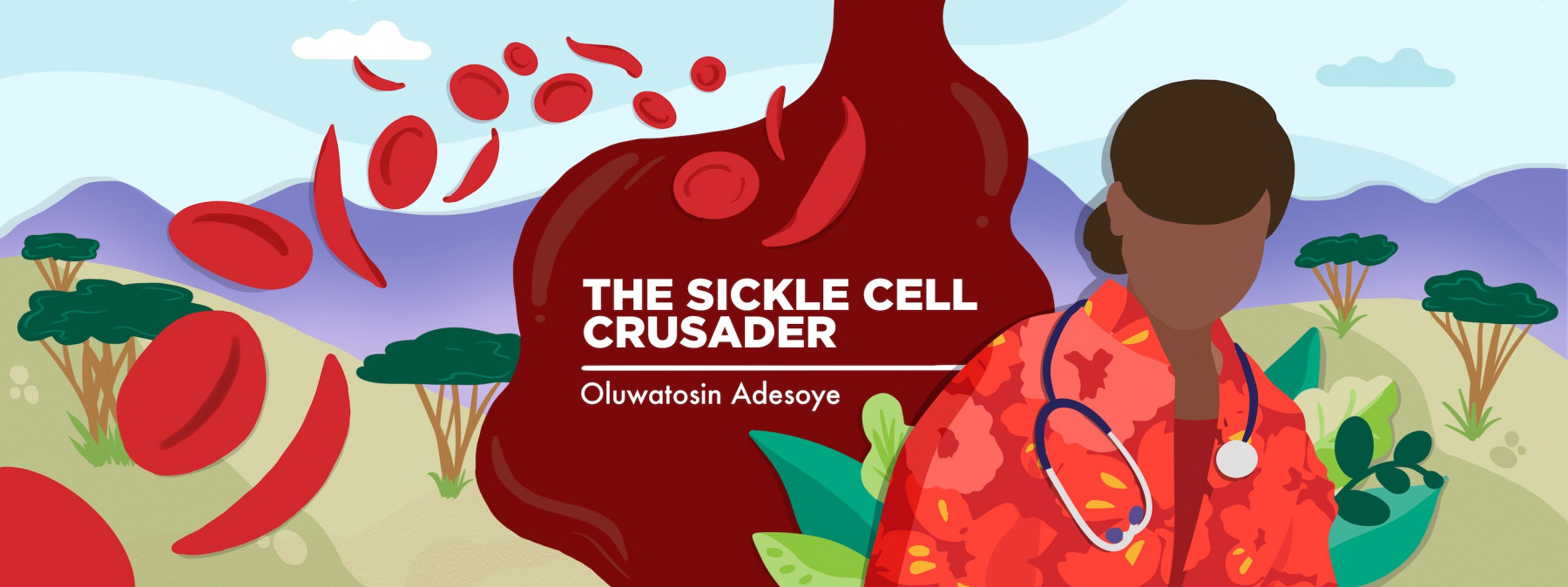The pros and cons of joining sickle cell support groups
For this columnist, the benefits of connection far outweigh the drawbacks
Written by |

Joining sickle cell support groups has proven invaluable for me in navigating the challenges of living with the disease. The benefits I’ve gotten from these groups have far outweighed the drawbacks I’ve encountered.
In 2018, I joined several support groups while struggling with avascular necrosis, which left me bedridden for over a year. My curiosity was piqued by a desire to connect with fellow sickle cell patients who faced similar hardships and learn how they coped. I also felt I had coped well with my challenges and wanted to encourage others.
As a patient and a physician, I’ve noticed that the psychosocial complications of sickle cell disease are often overlooked, despite the importance of mental health to our overall well-being. So, although I joined some existing groups, I also created Sickle Cell Celebs to promote mental health and sickle cell education. Even if our experiences as sickle cell patients aren’t entirely the same, we can still support and relate to one another.
The benefits
Participating in support groups has allowed me to share my experiences, pain, challenges, victories, and achievements while also offering words of encouragement. Living with chronic pain and fatigue has limited my ability to socialize. However, these groups have provided an avenue for connection with intelligent people who truly understand my struggles. I’m reminded that I’m not alone in the fight against sickle cell disease.
Sickle cell support groups have also given me a platform to educate others and learn more about the disease. By combating ignorance among patients, caregivers, healthcare professionals, and the general public, we can work toward improving patients’ lives.
In addition, I’m able to advocate for increased awareness and to fight for patients’ rights, both individually and collectively. Recently, I attended a successful event organized by Sickle Cell Celebs in collaboration with the SickleLive Foundation. The campaign united people from all walks of life to educate the public about sickle cell, raise awareness, advocate for patients’ rights, promote research, and empower patients, caregivers, and advocates.
Support groups also play a crucial role in facilitating participation in research. Patients and fellow group members have participated in the research surveys I’ve conducted as a physician, contributing to a deeper understanding of the disease and the development of improved treatment options. By facilitating and encouraging research involvement, support groups ultimately enhance the lives of their members.
Finally, one unintended yet rewarding aspect of support groups for me has been the opportunity to mentor other patients. Some of my mentees have credited me as the reason they’re now able to openly discuss their diagnosis or help others gain a deeper understanding of the condition. These compliments bring me fulfillment and a sense of purpose.
The drawbacks
There are two drawbacks to sickle cell support groups I’d like to discuss. Firstly, forging close bonds with many warriors means that I experience immense pain in the unfortunate event that someone passes away due to sickle cell complications.
A couple years ago, I went through the heart-wrenching experience of losing three warriors within a short period of time. However, with the support of my friends and family, I found the strength to overcome this pain. I’m grateful and relieved that I haven’t experienced the loss of any close sickle cell warriors recently.
Secondly, it’s essential to acknowledge that even within our community, there can be judgment and insensitivity. Disease severity and manifestations can vary, leading to misunderstandings and the dismissal of some warriors’ experiences. Breaking the cycle of stigma and discrimination is vital.
Overall, my experience with sickle cell support groups has been life-changing, with the pros far outweighing the cons. I wholeheartedly encourage others with the disease to join these groups, as they can offer patients invaluable psychosocial support, empowerment, education, advocacy, and mental health benefits.
Note: Sickle Cell Disease News is strictly a news and information website about the disease. It does not provide medical advice, diagnosis, or treatment. This content is not intended to be a substitute for professional medical advice, diagnosis, or treatment. Always seek the advice of your physician or other qualified health provider with any questions you may have regarding a medical condition. Never disregard professional medical advice or delay in seeking it because of something you have read on this website. The opinions expressed in this column are not those of Sickle Cell Disease News or its parent company, Bionews, and are intended to spark discussion about issues pertaining to sickle cell disease.







Orin Lewis
What a great informative and uplifting feature. I am taking notes to utilise your learnings in our Patient Support Groups for Blood Disorder, Blood Cancer and Organ Failure patients. We at the ACLT (African Caribbean Leukaemia Trust) in the UK, work with many Sickle Cell Warriors and your helpful advice and observations will help us shape the dynamics of the group that contain the Warriors.
Joann parks
I would like to find a SD support group for my grandson. He is 25 yrs. old, he lives in Hampton Virginia. Can you help me with information on a group in his area?